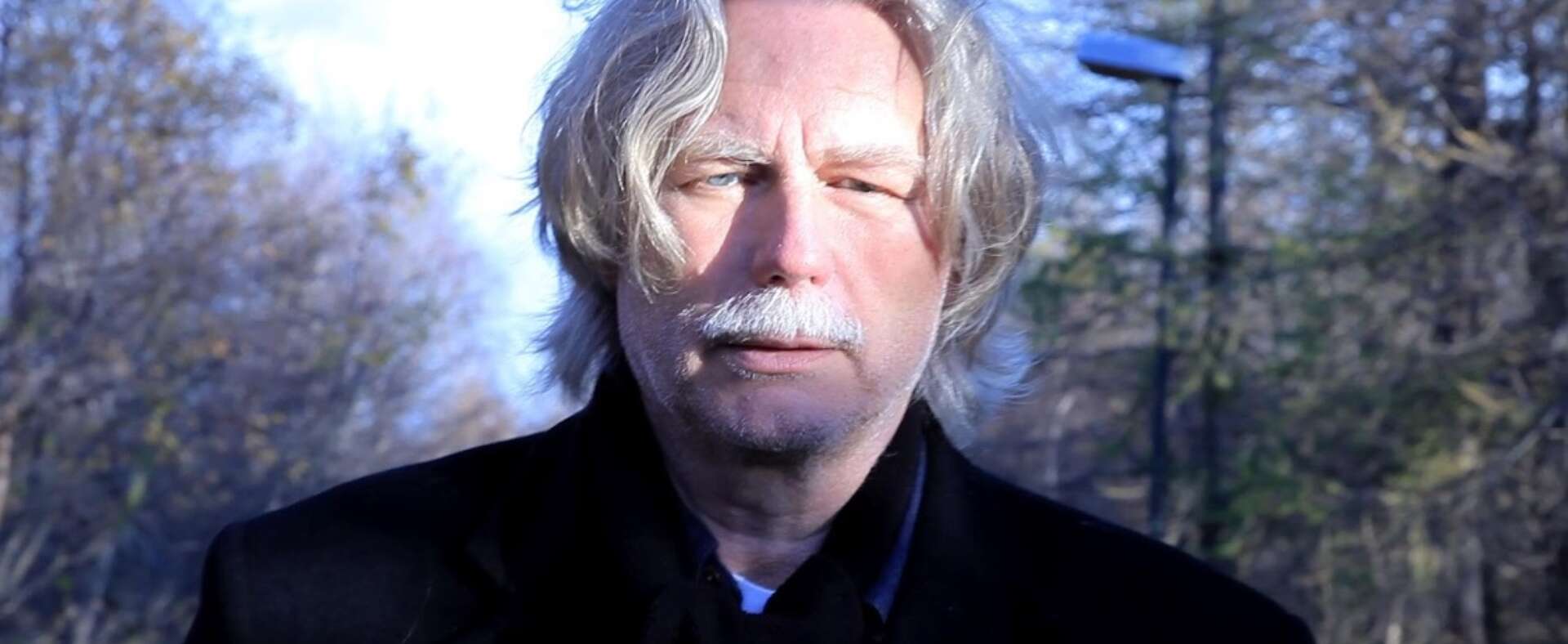WRITTEN BY: Annika Pham
The veteran director/producer, Academy award-nominated for Children of Nature, is preparing his 10th feature film Kill the Poet. He spoke to us.

The veteran director/producer, Academy award-nominated for Children of Nature, is preparing his 10th feature film Kill the Poet. He spoke to us.
The international feature project Kill the Poet is inspired by true events.
Set between New York and Reykjavik during WW2, it’s a Romeo and Juliet romantic drama about a poor and gifted young poet and his love affair with a wealthy young female painter, at a time when artists were being blacklisted by Communist witch-hunters.
The project based on a script by TV mogul Jón Óthar is produced by Fridriksson, Gudrun Edda Thorhannesdóttir and Margret Raven, with support from the Icelandic Film Centre.
Kill the Poet will be your first feature film since Mamma Gógó in 2010. What convinced you to direct it?
Fridrik Thór Fridriksson: Before I worked in film, I used to run a gallery and I was a big fan of Icelandic abstract expressionist painters Nína Tryggvadóttir and Louisa Matthíasdóttir. I’m a true admirer as well of the great poet Steinn Steinarr [1908-1958]. He was an eternal loner, a rebel and activist, almost like a terrorist…with words! He was among the first Icelandic intellectuals to protest against Hitler and published a celebrated anti-Hitler satire [The Tin Soldiers], illustrated by Nína [Tryggvadóttir]. He didn’t care about people’s opinions. Love was his true inspiration. When he stopped seeing Louisa, he literally stopped writing poetry.
The story of the relationship between Louisa and Steinn is a true Romeo and Juliet romantic drama. Steinn who was very poor, was blacklisted in Iceland for his radical ideas and forbidden to go to New York where Louisa - from one of Reykjavik’s wealthiest families - was studying art at Hans Hofmann art school.
I remember meeting real-life Louisa who threw a party for Children of Nature at Tribeca in New York when the film was Oscar-nominated [in1991]. She told me that Robert de Niro Sr who studied with her under Hans Hofmann, lived opposite her.
Was it writer Jón Othar who approached you with the project?
FTF: It’s a long-time pet project for Jón. He personally knew many artists and literary figures who will appear in the film, as his father was the legendary art patron and publisher Ragnar Jónsson í Smára who had a huge influence on Icelandic culture.
Your production partner Gudrun Edda Thórhannesdóttir said several big actors are interested in the film…
FTF: Yes we have Christopher Plummer who will play Hans Hofmann. Lena Olin and Daniel Radcliffe have also expressed interest. Then Benedikt Erlingsson will be Halldór Laxness. He will be perfect for the role!
Who will play Steinn Steinarr and Louisa Matthíasdóttir?
FTF: Thor Kristjansson [I Remember You, Dracula Untold] who was educated at the Juilliard School of Drama in New York will play Steinar. Anita Briem [The Tudors] will play Louisa.
When do you hope to start filming?
FTF: This November. We hope to close the financing in Cannes.
Hlynur Pálmason will screen A White, White Day at the Critics’ Week in Cannes. A year ago, Benedikt Erlingsson [whose first film Of Horses and Men you produced) triumphed in the same section with A Woman at War. As the godfather of Icelandic cinema, how do you feel about the continuous rise of Icelandic filmmaking talents?
FTF: I call them ‘Children of my nature’! Hlynur comes from fine arts. He’s a great artist. Grímur [Hákonarson] is also fantastic.
What are your best Cannes moments?
FTF: I usually have my birthday parties in Cannes - on May 12- these are always memorable. Years ago, when the French Francs still existed, I had a party and I was paying for everything. Everybody had left to another party. While I was waiting for the credit card, Baltasar [Kormákur] gave me a huge 1.5m giraffe that he had bought from a Senegalese street vendor. I said to myself I will not go to the other party with the giraffe. At a restaurant nearby, I saw that [French producer/distributor] Marin Karmitz was sitting with 25 people. I came to the table and said…400frs please for the giraffe! His assistant told me: he is your distributor…don’t ask him. But Marin said…oh yes, OK for 400frs. I said thank you! I gave him the statue and actually paid him 400frs for it! Still today people who were sitting there are joking about it.
Cannes has been caught in a controversy about showing Netflix films or not. What is your opinion?
FTF: Netflix plays a major role today. We can’t stop it and have to accept it. It’s just like when the internet started. People tend to resist change. During this year’s Oscars, there was a greater diversity in gender and ethnic representation and better films than the previous year. I think Netflix is partly responsible for that.